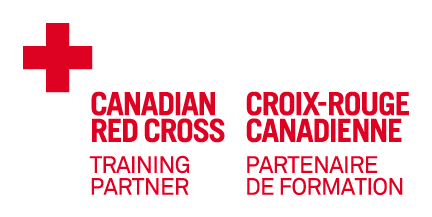The chain of survival for SCA – Sudden Cardiac Arrest
The American Heart Association has defined a “Chain of Survival” that is now the worldwide guideline for response to sudden cardiac arrest. Rapid action by the first person on the scene can make a real difference to the outcome for a victim of SCA.
The Chain of Survival has five lifesaving links:
- Immediate recognition and activation of emergency response system: Call 911 or EMS immediately and get an AED, if available.
- Early cardiopulmonary resuscitation (CPR): Provide chest compressions by pushing hard and fast with minimal interruptions to help maintain blood flow to the brain and body until the next step.
- Rapid defibrillation: Defibrillation is the only way to restart a heart in sudden cardiac arrest. An electronic device known as a defibrillator is used to deliver a shock. Electricity flows from paddles or adhesive electrodes through the chest. Activate the defibrillator as soon as it is available.
- Effective advanced care: After bystander CPR and possible defibrillation, an on-scene emergency team provides advanced cardiac care, such as intravenous medications. Care continues during transport to the hospital.
- Integrated post-cardiac arrest care
Also important in promoting and extending survival from SCA are two additional links:
1. Early screening, to help prevent SCA before it happens (see Risk factors above).
2. Appropriate follow-up, which may include an internal cardioverter defibrillator (ICD). It’s critical that individuals who experience SCA find out if they are candidates for an implantable cardioverter defibrillator (ICD). This small, pacemaker-like device has been available since the early 1990s. About the size of a pager, it contains a battery and computer circuitry, is implanted under the skin in the upper chest, and is connected to your heart with thin, insulated wires. The ICD senses your heart rhythm, provides a shock if needed, and sometimes paces the heart.
Today more than half a million people are protected by ICD therapy, which has been established by the American Heart Association and the American College of Cardiology as the standard of care for many people at proven risk for SCA. The American Heart Association recommends that before a patient is considered for an ICD, the abnormal rhythm must be life-threatening. Treatable causes of the arrhythmia, such as heart attack, inadequate blood flow to the heart, electrolyte imbalance, and drug toxicity, should first be ruled out. [1]
Having an ICD implanted does not require open heart surgery or a lengthy hospital stay. Most ICDs last five to seven years before they need to be replaced.
Both screening and follow-up care are essential to helping extend the Chain of Survival so more lives can be saved.
[1] American Heart Association Web site, May 2007






